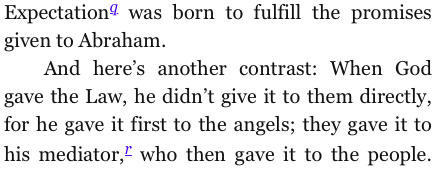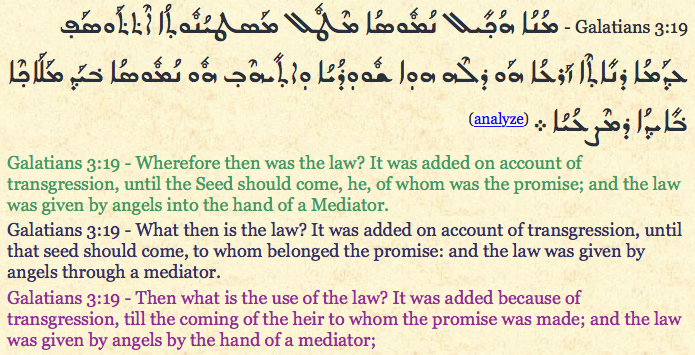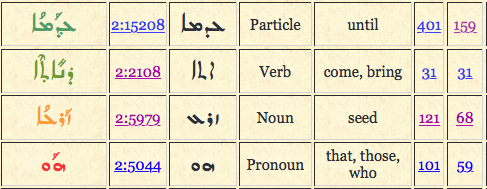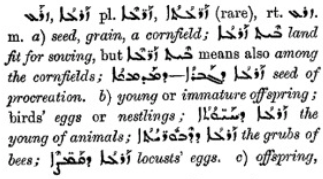Onwards with Simmons’ claims to be translating from the Aramaic. For my purpose and methodology see here and here.
Galatians 3.19
Τί οὖν ὁ νόμος; τῶν παραβάσεων χάριν προσετέθη, ἄχρις οὗ ἔλθῃ τὸ σπέρμα ᾧ ἐπήγγελται, διαταγεὶς δι’ ἀγγέλων ἐν χειρὶ μεσίτου. [NA 28]
What purpose then does the law serve? It was added because of transgressions, till the Seed should come to whom the promise was made; and it was appointed through angels by the hand of a mediator. [NKJV]
Simmons:
Here is a case where Simmons makes clear exactly which part of his translation (if such it can be called) he is claiming to derive from the Aramaic. According to endnote q, we should find Aramaic words that mean literally ‘Joyous Expectation’.
Here is the Western UBS Peshitta text from dukrhana.com with transliteration and three English translations by Etheridge (green), Murdock (navy), and Lamsa (purple):
We see first of all that where Simmons has ‘Joyous Expectation’, Etheridge and Murdock have ‘seed’, and Lamsa has ‘heir’. The word used is ܙܰܪܥܳܐ (zarᶜā), as is clear from the analytical tool:
Jennings gives the basic meaning as ‘seed’, with metaphorical meanings of ‘race’, ‘family’, ‘offspring’:
Payne Smith adds in addition ‘young or immature offspring’:
There is nothing here about either joy or expectation. From where does Simmons get his ‘the Joyous Expectation’? It is not from the Aramaic as he claims, so far as I can see.
Andrew







One Comment